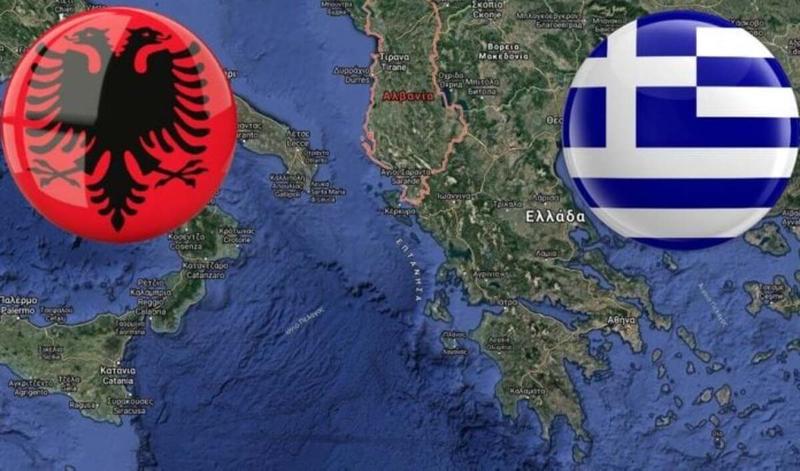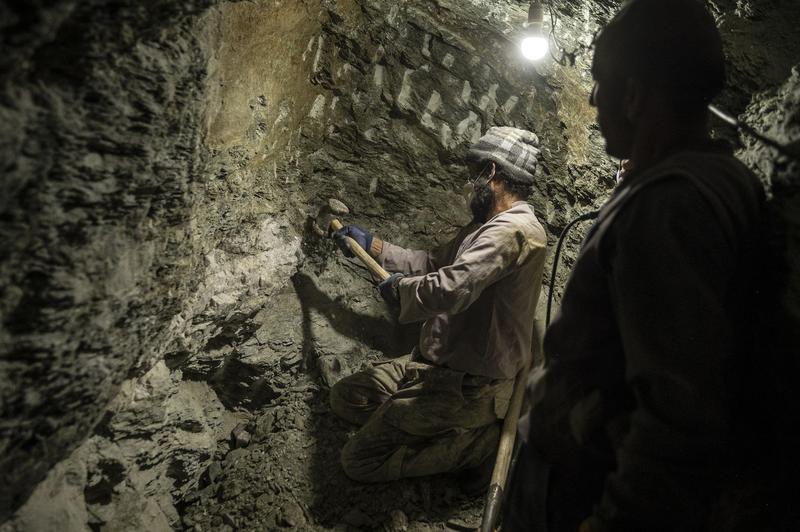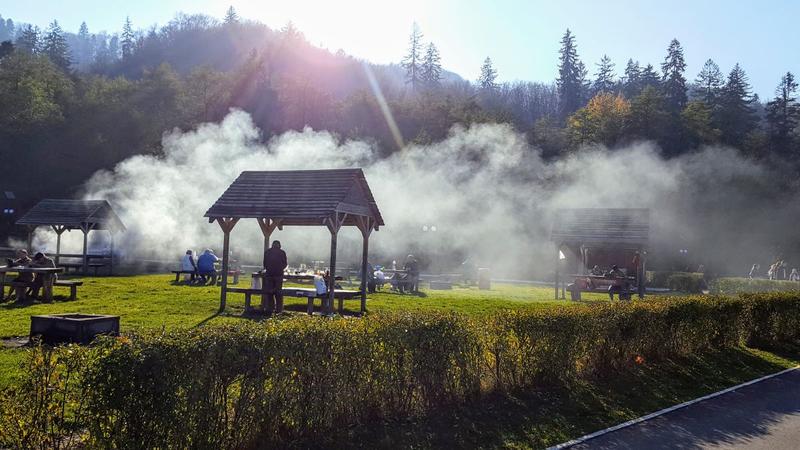After three weeks of intense media attention, the Parliamentarian Commission for president Basescu's Suspension only managed to present a long list of accusations, without presenting any evidence to support allegations.
The final report simply refers to a series of addenda which, they claim, cover over 700 pages.
The Constitution breaches Basescu is accused of include "rendering the Constitutional Court timorous" or designating a prime minister without consulting all parties. The addenda may become secret in case MPs decide so and the people, called to express their vote in a referendum for Basescu's suspension, may never know what evidence the Commission had for its conclusions.
In brief:
- the seven pages of the report contain accusations, but no arguments whatsoever;
- MPs take into account the Constitution only when it's to their advantage;
- the report calls for a criminal investigation against the Integration Minister, but no law articles are invoked to support the demand;
- the addenda may become a secret because it contains data about the activity of intelligence services.
Accusations and conclusions:
1. political supporter attitude;
2. detouring the electors' intention by designating a prime minister before consulting all political parties and without any consideration for the electoral result;
3. brutal interventions in the Parliamentarian activity;
4. generating a climate of political instability and an artificial governmental crisis;
5. bringing a severe prejudice to the entire Parliament, described as a "dump house clinically dead", and to the Government, also depicted as "serving groups of interests";
6. subordinating the intelligence services and demanding the resignations of their heads;
7. assuming the right to legislation initiatives;
8. constantly acting as to submit the Government and taking its place on occasions;
9. forming institutions on the spot, like the National intelligence Community
10. abusively taking part in a Govt. session that wasn't scheduled to discuss problems in the president's area of competence;
11. refusing to name ministers nominated by the prime minister;
12. demanding publicly what files must gain priority in justice;
13. asking judges to resign;
14. commenting on the solidity of convictions
15. rendering the Constitutional Court timorous;
16. accepting procedures that included illegal phone taps
17. failing to present a national defense strategy;
18. patronizing economy players;
19. having personal initiatives in foreign policy
The end of the document refers to criminal acts, but also without any arguments.


















